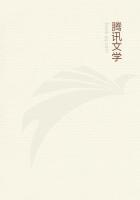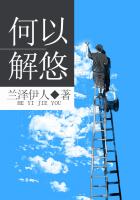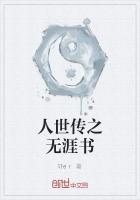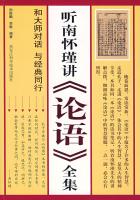While this devastating panic was raging over all the country, President Cleveland was beset by troubles that were both public and personal.He was under heavy pressure from the office seekers.They came singly or in groups and under the escort of Congressmen, some of whom performed such service several times a day.The situation became so intolerable that on the 8th of May President Cleveland issued an executive order setting forth that "a due regard for public duty, which must be neglected if present conditions continue, and an observance of the limitations placed upon human endurance, oblige me to decline, from and after this date, all personal interviews with those seeking office."According to the Washington papers, this sensible decision was received with a tremendous outburst of indignation.The President was denounced for shutting his doors upon the people who had elected him, and he was especially severely criticized for the closing sentence of his order stating that "applicants for office will only prejudice their prospects by repeated importunity and by remaining at Washington to await results." This order was branded as an arbitrary exercise of power compelling free American citizens to choose exile or punishment, and was featured in the newspapers all over the country.The hubbub became sufficient to extract from Cleveland's private secretary an explanatory statement pointing out that in the President's day a regular allotment of time was made for congressional and business callers other than the office seekers, for whom a personal interview was of no value since the details of their cases could not be remembered."What was said in behalf of one man was driven out of mind by the remarks of the next man in line," whereas testimonials sent through the mails went on file and received due consideration."So many hours a day having been given up to the reception of visitors, it has been necessary, in order to keep up with the current work, for the President to keep at his desk from early in the morning into the small hours of the next morning.
Now that may do for a week or for a month, but there is a limit to human physical endurance, and it has about been reached."Such were the distracting conditions under which President Cleveland had to deal with the tremendous difficulties of national import which beset him.There were allusions in his inaugural address which showed how keenly he felt the weight of his many responsibilities, and there is a touch of pathos in his remark that he took "much comfort in remembering that my countrymen are just and generous, and in the assurance that they will not condemn those who by sincere devotion to their service deserve their forbearance and approval." This hope of Cleveland's was eventually justified, but not until after his public career had ended; meanwhile he had to undergo a storm of censure so blasting that it was more like a volcanic rain of fire and lava than any ordinary tempest, however violent.
On the 30th of June, President Cleveland called an extra session of Congress for the 7th of August "to the end that the people may be relieved through legislation from present and impending danger and distress." In recent years, the fact has come to light that his health was at that time in a condition so precarious that it would have caused wild excitement had the truth become known, for only his life stood in the way of a free silver President.On the same day on which he issued his call for the extra session, President Cleveland left for New York ostensibly for a yachting trip, but while the yacht was steaming slowly up the East River, he was in the hands of surgeons who removed the entire left upper jaw.On the 5th of July they performed another operation in the same region for the removal of any tissues which might possibly have been infected.These operations were so completely successful that the President was fitted with an artificial jaw of vulcanized rubber which enabled him to speak without any impairment of the strength and clearness of his voice.*Immediately after this severe trial, which he bore with calm fortitude, Cleveland had to battle with the raging silver faction, strong in its legislative position through its control of the Senate.
* For details, see New York "Times," Sept.21, 1917.
When Congress met, the only legislation which the President had to propose was the repeal of the Silver Purchase Act, although he remarked that "tariff reform has lost nothing of its immediate and permanent importance and must in the near future engage the attention of Congress." It was a natural inference, therefore, that the Administration had no financial policy beyond putting a stop to treasury purchases of silver, and there was a vehement outcry against an action which seemed to strike against the only visible source of additional currency.President Cleveland was even denounced as a tool of Wall Street, and the panic was declared to be the result of a plot of British and American bankers against silver.
Nevertheless, on the 28th of August, the House passed a repeal bill by a vote of 240 to 110.There was a long and violent struggle in the Senate, where such representative anomalies existed that Nevada with a population of 45,761 had the same voting power as New York with 5,997,853.Hence, at first, it looked as if the passage of a repeal bill might be impossible.













